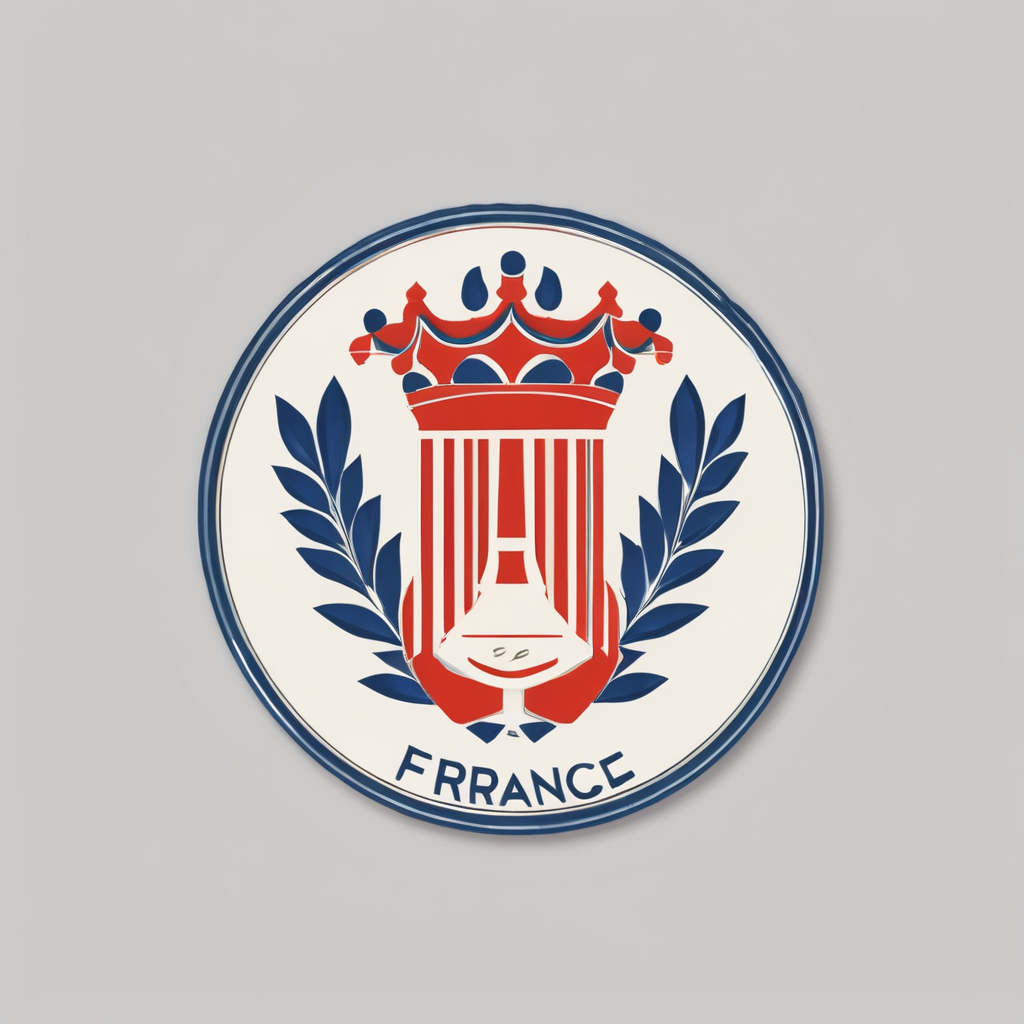British Theatre’s Historical and Cultural Significance
British theatre history is rich and influential, tracing back to Shakespearean times when playwrights crafted works that shaped English literary tradition. The evolution of British theatre highlights key eras—from Elizabethan stages to Restoration comedy, and the emergence of modern drama. These shifts reflect changes in social values and artistic expression.
London theatre culture is central to this legacy. As a global theatre hub, London boasts renowned venues such as the Globe Theatre and the West End, attracting audiences and talents worldwide. This vibrant culture fosters innovation and sustains the significance of British theatre as a living art form.
Topic to read : What Hidden Gems Should You Explore in the UK Beyond the Typical Tourist Spots?
The significance of British theatre extends beyond entertainment. It profoundly impacts British culture and the arts, inspiring other creative fields including literature, music, and film. Theatre serves as both a mirror and a critic of society, engaging audiences in dialogue about identity, politics, and history. Understanding British theatre history enriches appreciation for this dynamic cultural institution and its ongoing role in shaping British identity.
Essential Guided Theatre Tours in London
Discovering London’s vibrant theatre scene is best done through guided theatre tours. These tours present a curated blend of both classic and modern experiences, enabling visitors to immerse themselves in the city’s rich theatrical heritage. London theatre tours offer unique routes through historic venues, revealing how British theatre history has evolved while emphasizing London’s role as a global theatre hub.
In parallel : Embark on a journey to elegance: the definitive guide to england’s enchanting historic gardens through expert tours
Among the must-experience guided tours, some focus on renowned landmarks like the West End and the Globe Theatre, while others showcase offbeat and lesser-known theatres. These tours often balance storytelling, architecture, and performance history, giving insights into the significance of British theatre in shaping the city’s culture.
Many of the best theatre tours London offers cater to diverse interests. Whether you’re intrigued by the drama behind stagecraft, want to learn about landmark productions, or hope to hear anecdotes about famous playwrights, there is a tour designed for you. Engaging guides bring to life the legacy of British theatre history, enhancing your appreciation of London theatre culture’s depth and vibrancy.
Tour Highlights: What to Expect During a Guided Theatre Tour
Guided theatre tours in London offer exceptional insights into the city’s rich theatrical heritage. Participants can expect access to historic theatre venues, many of which retain original architecture that reflects various eras of British theatre history. Visiting these iconic stages provides a tangible connection to the cultural legacy sustained by London theatre culture.
One standout feature of theatre tour experiences is backstage access in London, granting rare glimpses behind the scenes. These include wings, dressing rooms, and props areas, allowing visitors to appreciate the complexities of stagecraft. Some tours even provide opportunities to observe rehearsals, deepening understanding of how performances come to life.
Insider stories narrated by knowledgeable guides add compelling context to the venues’ historical and cultural significance. These anecdotes often reveal the evolution of British theatre and its ongoing impact on audiences and artists worldwide. Emphasizing the significance of British theatre, the tours bring its dramatic history to life through vivid storytelling and immersive experiences, making each visit both educational and memorable.
Booking Information, Pricing, and Practical Tips
When booking London theatre tours, early reservation is key. Popular tours often fill quickly due to their intimate group sizes and exclusive backstage access. Check official tour websites or trusted booking platforms for up-to-date availability and secure your spot well in advance.
Understanding theatre tour prices can vary widely depending on the tour’s exclusivity, duration, and included experiences. For example, premium tours with backstage access and rehearsal viewings tend to cost more than standard guided walks through historic venues. Most tours range from moderate to higher price points, reflecting the quality and depth of the experience.
To ensure a smooth visit, consider these London theatre tips:
- Dress comfortably but appropriately; some venues maintain formal atmospheres.
- Arrive early to enjoy pre-tour introductions and nearby attractions.
- Bring a notebook or device if you want to record fascinating facts or insider stories.
By planning ahead and choosing tours that align with your interests, you’ll enhance your connection to London’s vibrant theatre culture and make the most of your theatre tour experience.
British Theatre’s Historical and Cultural Significance
British theatre history charts a fascinating journey from Shakespearean drama to contemporary innovation. Its evolution reflects societal shifts while maintaining core storytelling traditions that define British theatre history. Beginning in the Elizabethan era, playwrights shaped language and performance styles that still influence theatre globally. As time progressed, new genres like Restoration comedy and Victorian melodrama emerged, highlighting changing tastes and social circumstances.
London theatre culture plays a pivotal role in this progression. The city is a global theatre hub, home to landmark venues such as the West End and the Globe Theatre. These stages not only attract international audiences but also foster creativity and fresh interpretations, cementing London’s place at the heart of theatrical arts.
The significance of British theatre extends into wider British culture and the arts. It inspires literature, music, and film while engaging public dialogue on identity and politics. Theatre’s power to reflect and question society makes it a vibrant, enduring cultural force, illustrating why its history and ongoing activity remain deeply valued.

